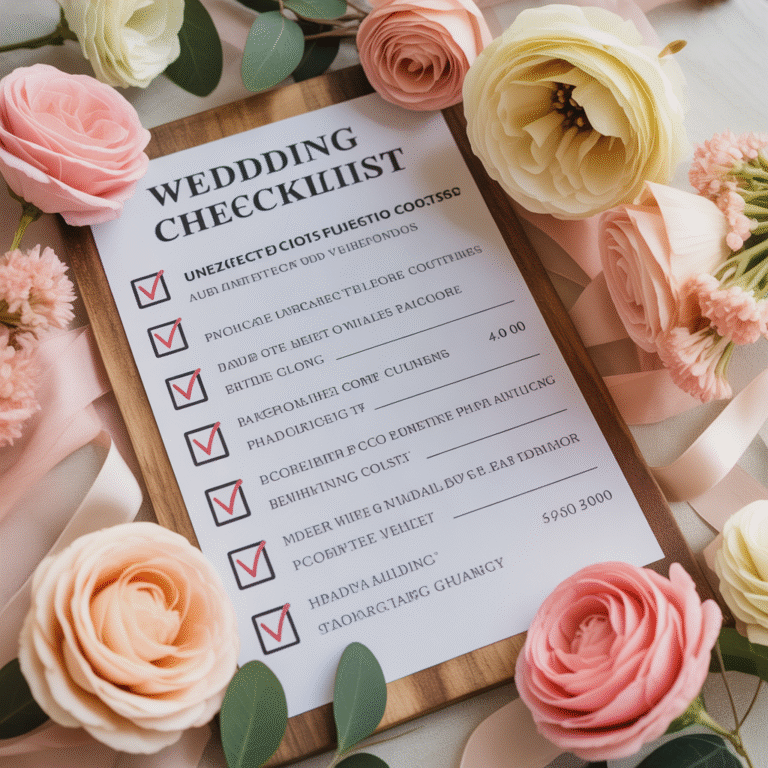Five Questions to Ask Yourself When You Get Engaged
Introduction
This article outlines five vital questions that every couple should consider when they get engaged. These inquiries aim to foster open communication and ensure both partners are aligned in their expectations and values.
Definitions
Engagement is a formal agreement between two individuals to marry. It symbolizes commitment and the intention to build a life together. Understanding what engagement means to both partners is crucial for setting the right tone for the relationship.
In this context, the questions we will explore serve as guiding principles. They help couples clarify their goals, expectations, and strategies for overcoming potential challenges in their future together.
Key Concepts
1. **Personal Goals**: Reflecting on individual aspirations can help couples understand how their personal ambitions align or differ. It is essential to discuss career paths, educational goals, and personal interests openly.
2. **Financial Readiness**: Money can be a significant source of stress in a relationship. Couples should discuss their financial situations, budgeting strategies, and long-term financial goals to ensure they are on the same page.
3. **Family Planning**: Conversations about whether and when to have children are vital. Discussing family dynamics and parenting philosophies can help mitigate future conflicts.
4. **Conflict Resolution**: Understanding how each partner handles disagreements is crucial. Couples should explore their conflict resolution styles and agree on strategies to maintain a healthy dialogue.
5. **Shared Values**: Identifying core values and beliefs can foster a deeper connection. Couples should discuss their views on religion, lifestyle choices, and other fundamental beliefs that may influence their relationship.
Examples
For instance, a couple might find that they have differing views on finances; one partner may be a saver while the other is more of a spender. By addressing this early on, they can create a financial plan that accommodates both styles.
Another example could be family planning. If one partner desires children while the other is unsure, having this conversation before marriage can prevent feelings of resentment later.
These examples highlight the importance of communication and understanding in a relationship. Addressing these topics can lead to a stronger partnership built on trust and respect.
Pros and Cons
Considering these questions has several advantages. Open discussions can strengthen the bond between partners, promote transparency, and provide a framework for future problem-solving.
However, there can also be drawbacks. Some couples may find these conversations challenging, especially if they uncover significant differences. It is crucial to approach these discussions with empathy and a willingness to listen.
Ultimately, the benefits of addressing these questions far outweigh the potential discomfort. Couples who engage in these conversations often report feeling more prepared and connected as they transition into marriage.
Case Study
Consider the case of Sarah and Tom. When they got engaged, they took the time to discuss their individual goals and visions for the future. They discovered that while Sarah wanted to travel extensively before settling down, Tom was eager to start a family sooner.
By openly discussing their priorities, they were able to find a compromise that worked for both. This proactive approach not only strengthened their relationship but also set a positive tone for their marriage.
This case study emphasizes the importance of communication and compromise in navigating differing priorities. It serves as a reminder that addressing tough questions early can lead to more harmonious relationships.
Future Trends
As societal norms evolve, the approach to engagement and marriage is also changing. Couples today are more likely to prioritize open communication and seek counseling before tying the knot. This trend reflects a growing awareness of the importance of preparing for a lifelong partnership.
Additionally, technology is playing a role in how couples communicate and plan their futures. Apps and online resources are increasingly available to help couples navigate discussions about finances, family planning, and relationship dynamics.
Conclusion
In conclusion, getting engaged is an exciting time filled with joy and anticipation. However, it is also a critical period for reflection and communication. By asking the right questions, couples can build a strong foundation for their future together.
Taking the time to discuss personal goals, financial readiness, family planning, conflict resolution, and shared values can lead to a more fulfilling and harmonious marriage. As you embark on this journey, remember that open dialogue is key to a successful partnership.







